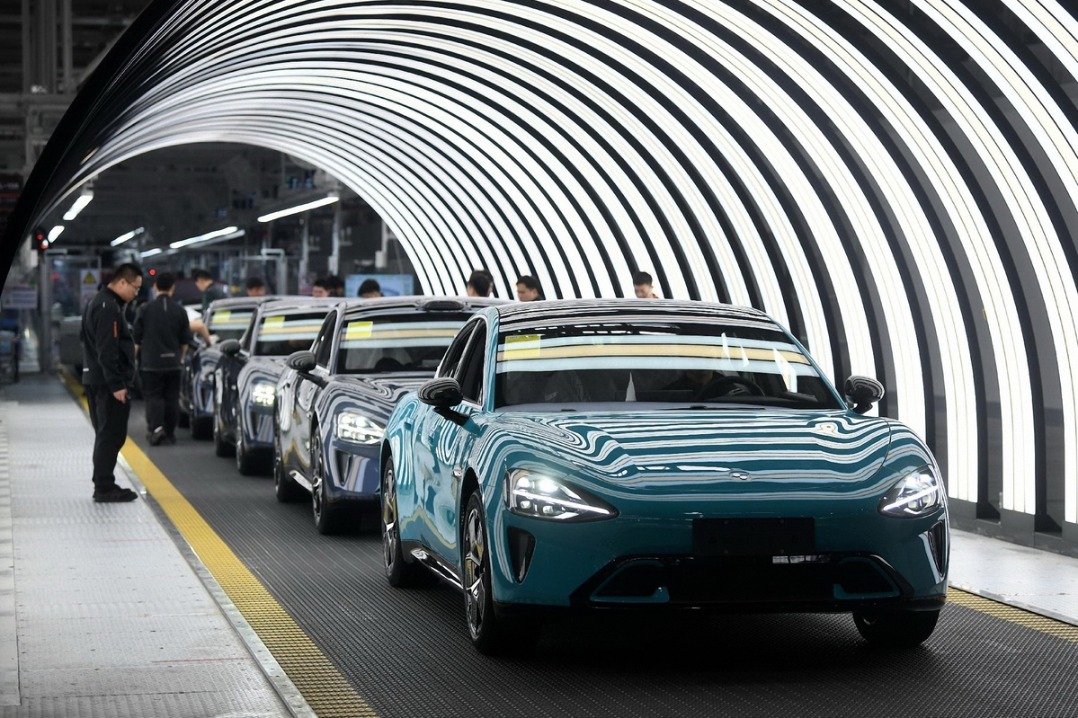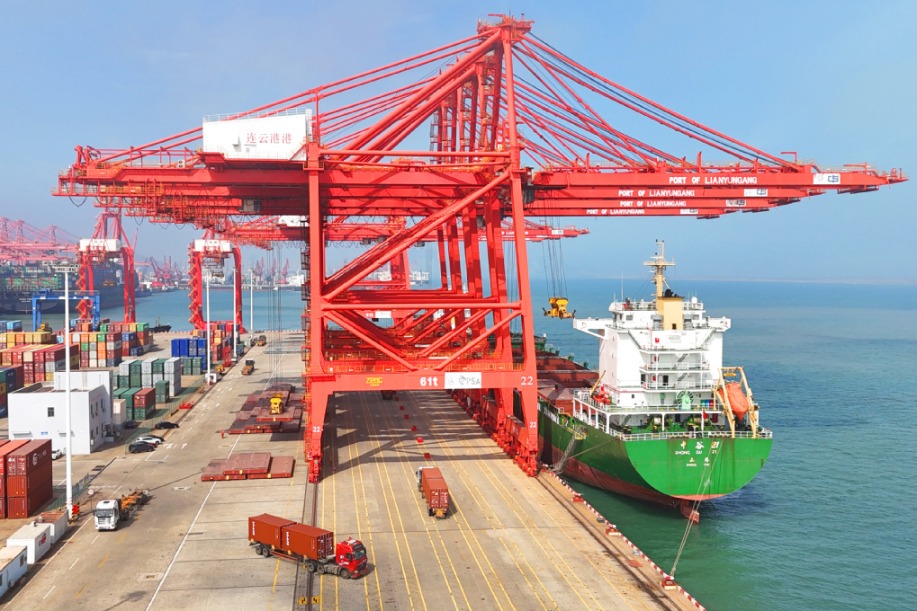Fed needs to taper ultra-loose policy to rein in inflation
China Daily | Updated: 2021-12-15 07:09

The consumer price index in the United States rose 6.8 percent year-on-year in November, the highest year-on-year increase since June 1982, according to US Labor Department data.
The record inflation rate has not had any consequences so far. Despite the intraday plunge in the dollar index and treasury yields on the day the data were released, stocks ended the week on a strong note, with the S&P 500 gaining 1 percent on Friday to make a 3.8 percent weekly gain and the Nasdaq Composite Index gaining 0.7 percent for a 3.6 percent weekly gain.
Some analysts said that since the high inflation data did not exceed expectations, related risks did not have much impact on the current market trend.
Federal Reserve Chairman Jerome Powell's remarks at the end of November that "inflation is not temporary" and "it is appropriate to end the asset purchase program a few months earlier" can be seen as a warning for the US market.
The US authorities play down the crucial change in monetary policy, from ultra-loose to contractible, diverting market attention to the timing and pace of rise in interest rate.
Inflation is on the rise in the US and will continue until at least 2023, driven by strong demand, rising wages and supply chain bottlenecks, according to a recent survey of economists by the National Association for Business Economics.
But the US authorities are wary of reining in inflation. As the COVID-19 pandemic veers out of control in the US, the mishandling of interest rates will not only disrupt the US' economic recovery due to "monetary flooding", but also put considerable downward pressure on the US stock market.
Both the Fed's guidance on inflation expectations and its repeated delays in tightening policy reflect the US authorities' cautious approach to the capital market. The US must taper its ultra-loose policy to avoid runaway inflation and delay policy tightening as long as possible to avoid a stock market crash and economic downturn.
The market's reaction to inflation has been muted, but the US public has felt the impact of rising inflation.
The Joe Biden administration is likely to ask the Fed to raise interest rates if inflation drags on and threatens to affect midterm elections next year. If this leads to a change in the pace of interest rate rises, the risk induced should not be underestimated.
- ECONOMIC DAILY
























